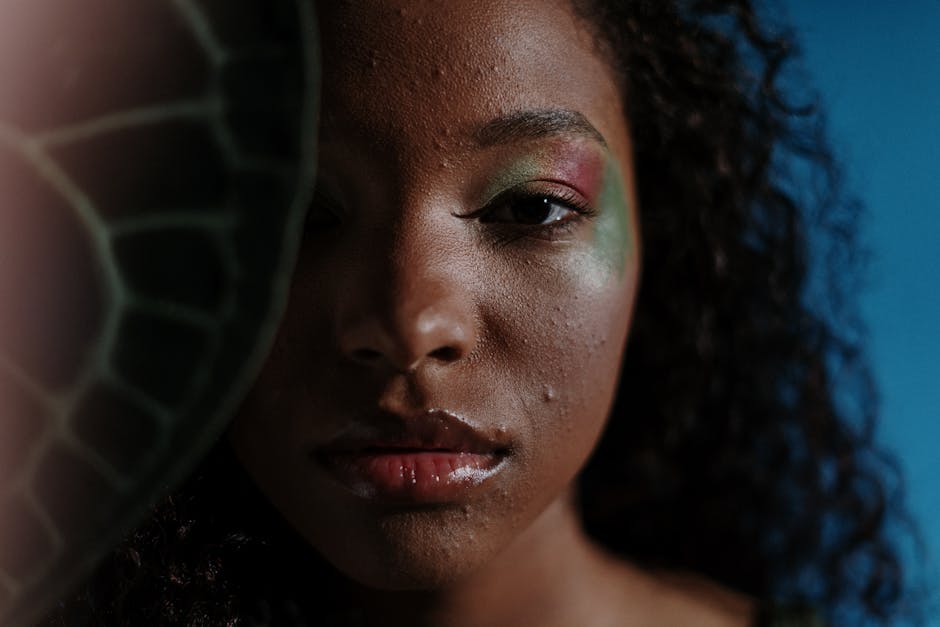Acne: A Comprehensive Guide To Treatment And Prevention
Acne is a common skin condition that affects people of all ages. It occurs when the sebaceous glands, which produce oil to lubricate the skin, become clogged with dead skin cells and bacteria. This can lead to the formation of pimples, blackheads, and whiteheads. While acne is not a serious medical condition, it can be embarrassing and frustrating to deal with.
The severity of acne can vary from mild to severe. Mild acne is characterized by a few pimples that are usually located on the face. Moderate acne is characterized by more numerous pimples that may be located on the face, chest, and back. Severe acne is characterized by large, inflamed pimples that can lead to scarring.
There are a number of factors that can contribute to the development of acne, including:
* Hormones: Androgens, which are hormones that are produced in greater amounts in boys than in girls, can stimulate the sebaceous glands to produce more oil. This can lead to the development of acne.
* Bacteria: The bacteria Propionibacterium acnes (P. acnes) is found on the skin of everyone. However, in people with acne, P. acnes can multiply and become trapped in the sebaceous glands, leading to the development of pimples.
* Diet: Some studies have suggested that a diet high in processed foods, sugary drinks, and dairy products may be linked to the development of acne.
* Stress: Stress can trigger the release of hormones that can stimulate the sebaceous glands to produce more oil. This can lead to the development of acne.
There are a number of different treatments for acne, depending on the severity of the condition. Mild acne can often be treated with over-the-counter medications, such as salicylic acid or benzoyl peroxide. Moderate to severe acne may require prescription medications, such as antibiotics or retinoids. In some cases, surgery may be necessary to remove severe acne scars.
In addition to medical treatment, there are a number of things that people with acne can do to help improve their skin. These include:
* Washing the face twice a day with a gentle cleanser.
* Exfoliating the skin regularly to remove dead skin cells.
* Using oil-free moisturizers to keep the skin hydrated.
* Avoiding touching the face, which can transfer bacteria to the skin.
* Eating a healthy diet that is rich in fruits, vegetables, and whole grains.
* Managing stress levels through exercise, meditation, or yoga.
Acne is a common skin condition that can be frustrating and embarrassing to deal with. However, with the right treatment and lifestyle changes, it is possible to improve the skin and prevent future outbreaks.


